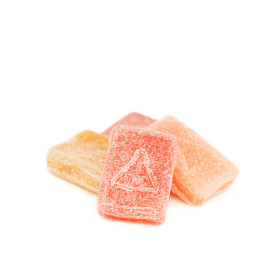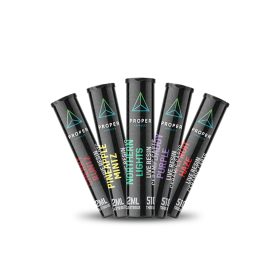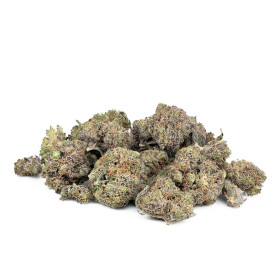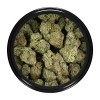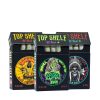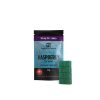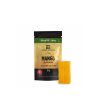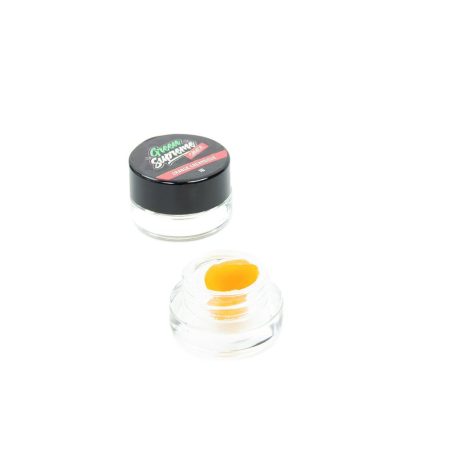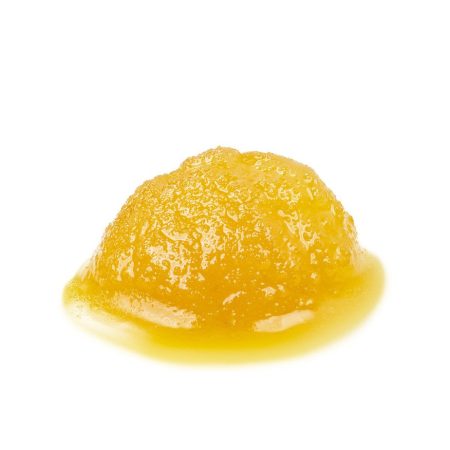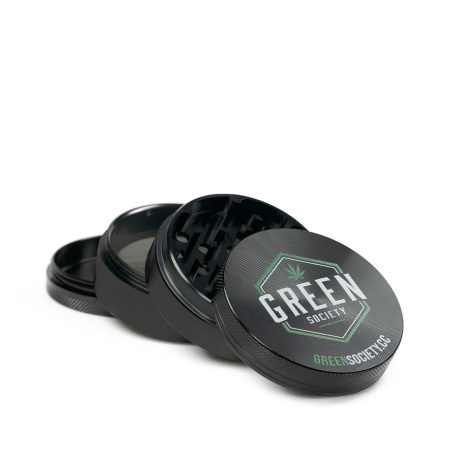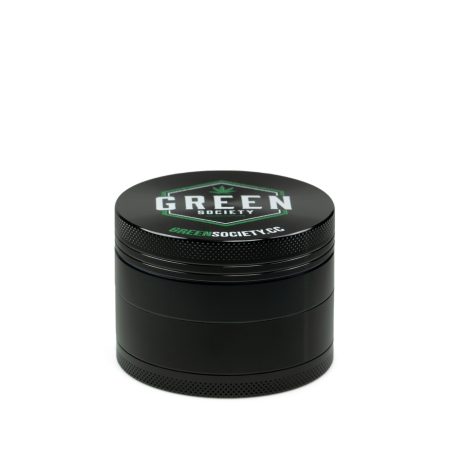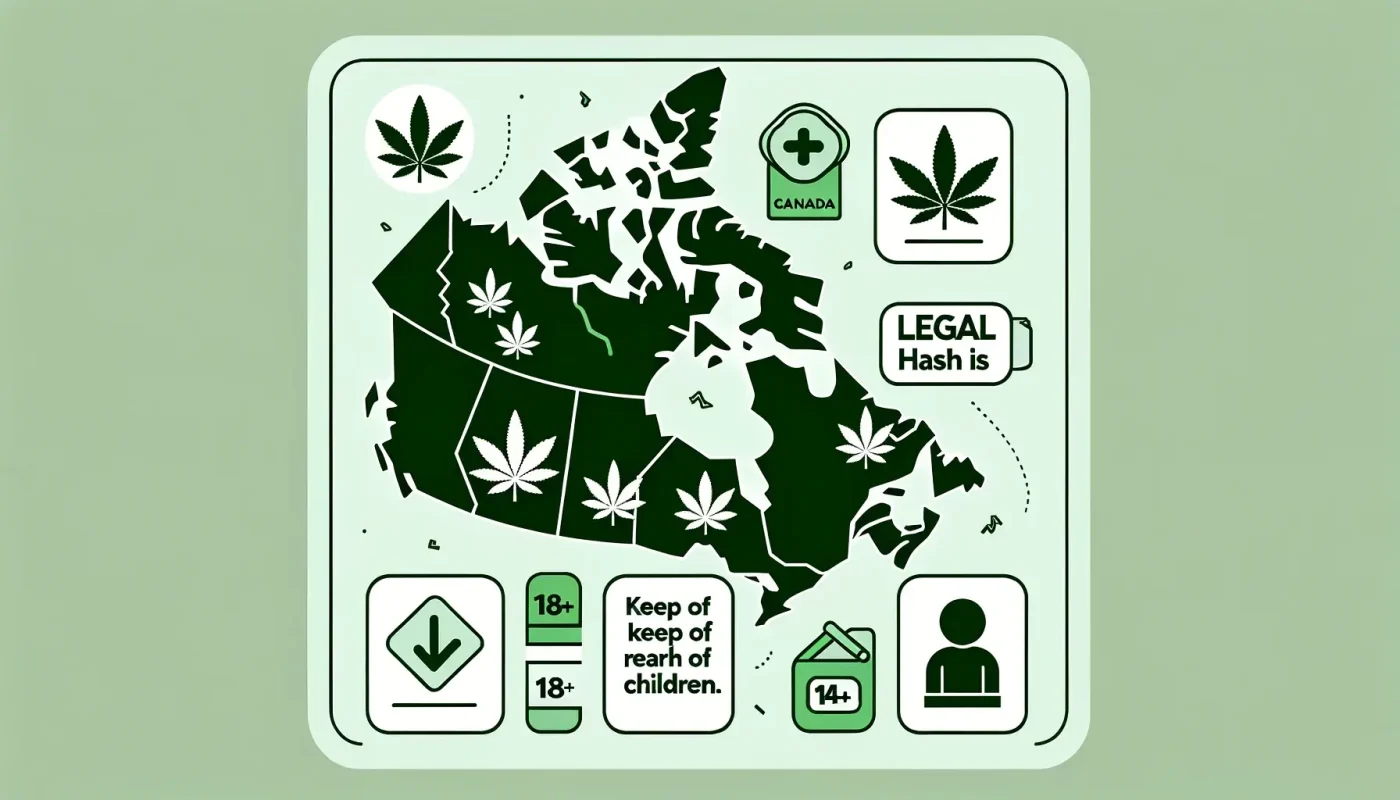Marijuana
Legal and Safety Considerations for Cannabis Hash in Canada
Introduction
Cannabis hash, a concentrated form of cannabis, has grown in popularity across Canada. With its rise, it’s crucial to understand the legal and safety considerations surrounding its use. This article will explore the regulatory framework, potential health risks, workplace policies, and the timeline of vaping legalization in Canada.
Legal Status of Cannabis Hash in Canada
Regulatory Framework
Canada legalized recreational cannabis on October 17, 2018, under the Cannabis Act. This legislation allows adults to possess and share up to 30 grams of legal cannabis, dried or equivalent in non-dried form, including cannabis hash. However, the production and sale of cannabis hash are regulated to ensure safety and quality standards.
Purchasing and Possession
Cannabis hash can be purchased legally from licensed retailers. Possession limits are the same as for other forms of cannabis: adults can carry up to 30 grams in public. It’s important to purchase from authorized sources to ensure the product meets Health Canada’s safety and quality standards.
Restrictions on Use
Despite its legal status, there are strict regulations on where cannabis hash can be consumed. Public consumption is prohibited in many areas, including workplaces, public transit, and near schools. Each province and territory may have specific regulations, so it’s important to be aware of local laws.
Safety Considerations for Cannabis Hash
Understanding THC and Harmful Chemicals
Tetrahydrocannabinol (THC) is the main psychoactive compound in cannabis. While it provides the “high” associated with cannabis use, it can also have adverse effects, particularly when consumed in high concentrations, as found in hash.
Harmful Chemicals in THC
Cannabis products, including hash, may contain harmful chemicals, especially if not sourced from regulated suppliers. Some potential harmful chemicals include:
- Residual Solvents: Used in the extraction process, solvents like butane or propane can remain in the final product if not properly purged.
- Pesticides: Non-regulated cannabis may contain pesticides that pose health risks.
- Heavy Metals: Contaminated growing environments can lead to the presence of heavy metals in cannabis products.
Health Canada regulates cannabis production to minimize these risks, emphasizing the importance of purchasing from licensed producers .
High THC Vapes: What You Need to Know
High THC vapes are becoming increasingly popular. A high THC vape typically contains a THC concentration of 60% or more. These products offer a potent experience, which can be appealing to experienced users but may pose risks for new or occasional users.
Risks of High THC Vapes
- Overconsumption: High THC levels can lead to intense psychoactive effects, increasing the risk of anxiety, paranoia, and other adverse reactions.
- Addiction: Regular use of high THC products can lead to dependence and withdrawal symptoms.
- Respiratory Issues: Vaping, while often considered safer than smoking, can still cause lung irritation and other respiratory problems, especially if using unregulated products.
Workplace Regulations and Cannabis Use
Is It Illegal to Be High at Work in Canada?
Yes, it is illegal to be impaired by cannabis while at work in Canada. Employers have the right to enforce workplace policies prohibiting impairment. Being under the influence of cannabis at work can lead to disciplinary actions, including termination.
Workplace Safety
Safety-sensitive positions, such as those involving heavy machinery or critical decision-making, are particularly strict about impairment. Employers may conduct random drug testing or impairment assessments to ensure a safe working environment.
Employee Rights
While employers can prohibit impairment at work, they must also accommodate employees who use medical cannabis, provided it does not compromise workplace safety. This balance ensures both a safe workplace and respect for individual health needs.
Vaping Legalization Timeline in Canada
When Did Vaping Become Legal?
Vaping cannabis became legal in Canada on October 17, 2019, as part of the second phase of cannabis legalization. This phase, known as Cannabis 2.0, expanded the range of legal cannabis products to include edibles, extracts, and topicals, in addition to vapes.
Regulatory Oversight
Health Canada oversees the production and sale of cannabis vaping products to ensure they meet safety and quality standards. This includes regulations on ingredients, packaging, and marketing to protect consumers from potential harms.
Responsible Consumption of Cannabis Hash
Tips for Safe Use
- Start Low, Go Slow: Begin with a small amount, especially if you’re new to cannabis hash, to gauge its effects.
- Know Your Source: Always purchase from licensed retailers to ensure product quality and safety.
- Stay Informed: Keep up with the latest regulations and research on cannabis use to make informed decisions.
Recognizing Adverse Effects
Be aware of signs of overconsumption, such as severe anxiety, paranoia, or respiratory issues. If you experience any of these, seek medical attention promptly.
Conclusion
Understanding the legal and safety considerations surrounding cannabis hash is crucial for responsible consumption. By staying informed about regulations, potential health risks, and safe use practices, Canadians can enjoy cannabis hash while minimizing adverse effects. Always prioritize purchasing from licensed sources and adhere to workplace policies to ensure a safe and legal experience.
FAQs
What are the harmful chemicals in THC? THC itself is not inherently harmful, but cannabis products, including hash, may contain harmful chemicals like residual solvents, pesticides, and heavy metals if not sourced from regulated suppliers.
What is considered a high THC vape? A high THC vape typically contains a THC concentration of 60% or more. These products offer a potent experience and can pose risks for inexperienced users.
Is it illegal to be high at work in Canada? Yes, it is illegal to be impaired by cannabis at work in Canada. Employers can enforce workplace policies prohibiting impairment to ensure safety.
When did vaping become legal in Canada? Vaping cannabis became legal on October 17, 2019, as part of Cannabis 2.0, which expanded the range of legal cannabis products to include edibles, extracts, and topicals.
How can I ensure the cannabis hash I buy is safe? Purchase from licensed retailers who comply with Health Canada’s regulations to ensure the product is free from harmful chemicals and meets safety standards.
What should I do if I experience adverse effects from cannabis hash? If you experience severe anxiety, paranoia, or respiratory issues after consuming cannabis hash, seek medical attention immediately.
Reference
- Health Canada. (n.d.). Cannabis for personal use: Accessories and inhalation. Retrieved from https://www.canada.ca/en/health-canada/services/drugs-medication/cannabis/personal-use/accessories-inhalation.html


